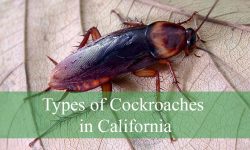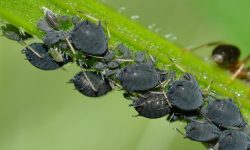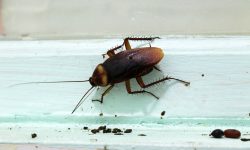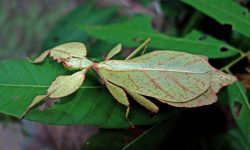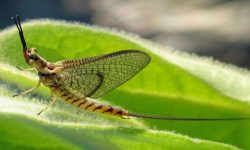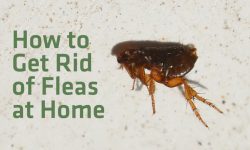Flies, particularly house flies and cluster flies, are a persistent nuisance that can invade both indoor and outdoor spaces. They are drawn to your home by food sources, moisture, and potential nesting spots, especially if there are gaps in windows, doors, or screens. If you live in a rural area or have a yard with pets, compost piles, or garbage cans, outdoor fly infestations can be particularly challenging.
In this guide, we’ll explore how to get rid of flies efficiently and sustainably, making sure your home remains fly-free.
Understanding the Types of Flies in Your Home and Yard
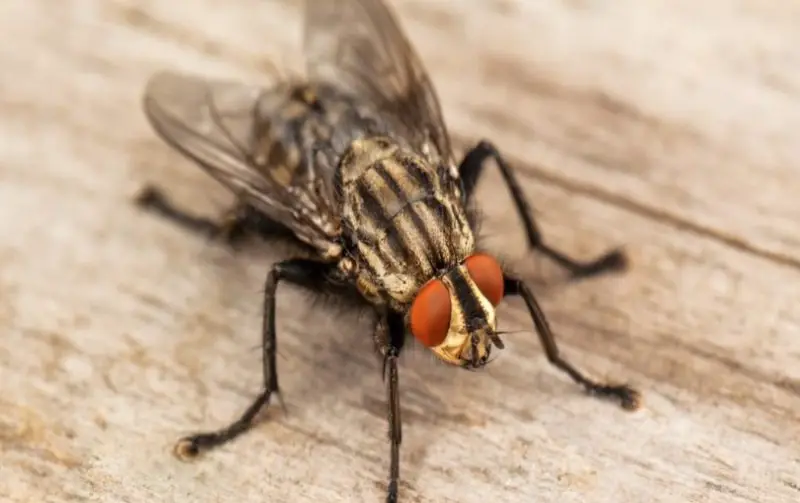
Before applying fly-control measures, it’s important to understand the different types of flies you may be dealing with, as they are attracted to various environments.
Common Fly Species to Watch Out For
- House Flies: These gray-black flies are frequently seen around garbage cans and rotting organic matter.
- Fruit Flies: Tiny brown flies commonly found near overripe fruit and food waste.
- Cluster Flies: Larger flies that tend to invade homes in colder months, searching for places to hibernate.
- Drain Flies: Small moth-like flies found in moist, stagnant environments, especially in kitchen or bathroom drains.
Why Do Flies Infest Your Home and Yard?
Understanding what attracts flies to your environment is the first step toward eliminating them. Flies are highly opportunistic and can quickly multiply if given the right conditions.
What Draws Flies Indoors and Outdoors?
- Decomposing Organic Material: Flies are particularly attracted to garbage, compost piles, and animal feces. Rotting food is a prime breeding ground for flies.
- Ripe or Rotting Fruits: Flies, especially fruit flies, are drawn to fruits left out or decaying in garbage bins.
- Moisture and Drains: Sinks, garbage disposals, and any areas with standing water or moisture can become a magnet for flies, particularly drain flies.
- Light Sources: Flies tend to gravitate towards light, which is why they often hover around windows and outdoor lights at night.
How to Get Rid of Flies Indoors
To effectively eliminate flies from your home, you need a combination of preventive measures and active interventions. Here’s how to handle them indoors:
Ensure Your Home is Fly-Proof
A crucial step in fly control is preventing them from entering your home in the first place. Inspect and fix any gaps or cracks in your windows, doors, and screens. Re-caulk windows if needed, and replace worn-out weather stripping to block entry points.
Eliminate Food Sources That Attract Flies
Flies are attracted to accessible food, so it’s essential to eliminate any potential food sources.
- Keep dishes clean and don’t leave dirty dishes in the sink.
- Dispose of overripe fruits and vegetables properly.
- Use sealed containers for leftovers, and take out the trash regularly.
- Clean out sink drains and garbage disposals to remove any food build-up.
Keep Pet Areas Clean
Pets can unintentionally invite flies into your home. To reduce flies, keep litter boxes, pet food bowls, and bedding areas clean. Dispose of pet waste promptly, as flies can lay eggs in these areas, rapidly multiplying the infestation.
Utilize Fly Traps Indoors
You can make or buy fly traps to capture and kill flies. A popular DIY solution involves using apple cider vinegar, sugar, and dish soap in a shallow bowl covered with plastic wrap. This trap lures flies with the scent of vinegar, and the soap traps them, causing them to drown.
Alternatively, sticky fly paper can be hung in areas where flies tend to gather.
Natural Repellents: Use Essential Oils
Essential oils like lavender, peppermint, and eucalyptus are excellent natural fly repellents. You can make a homemade spray by mixing water with several drops of essential oil. Spray this solution around windows, doors, and other entry points to discourage flies from entering.
How to Get Rid of Flies Outdoors
To truly eliminate flies, it’s important to address outdoor sources of infestation. Here are some steps to ensure that flies don’t overrun your yard.
Clean Up Pet Waste Outside
Regularly clean up after pets in your yard, as flies are drawn to animal waste. A daily cleanup can prevent flies from using it as a breeding ground.
Repel Flies with Fly-Repellent Plants
Certain plants can naturally repel flies. Plant lavender, basil, mint, or lemongrass around your home to create a fly-repellent barrier. These herbs not only smell great but can also help keep flies away from doors and windows.
Use Outdoor Fly Traps
Outdoor fly traps are an effective way to reduce the fly population around your home. Choose traps designed for outdoor use and place them away from high-traffic areas, as they often contain strong-smelling bait to lure flies away from the house.
Light Citronella or Other Repellent Candles
Lighting citronella candles in your yard can help repel flies, especially during outdoor gatherings. Citronella and other repellent candles, such as those with peppermint or eucalyptus, emit scents that flies dislike.
Use Outdoor Fans to Disrupt Fly Activity
Flies are weak fliers, and a steady breeze can prevent them from landing on your food or skin. Use outdoor fans in areas where you spend time to blow flies away and keep them from congregating.
Manage Your Compost Properly
Compost piles can be a haven for flies. Consider using a closed compost bin to reduce access to organic material, or move your compost pile farther away from your home to limit the chances of attracting flies indoors.
Proactive Fly Prevention: Keeping Your Space Fly-Free
Preventing flies requires continuous effort and a proactive approach. Here are some tips to keep your environment fly-free long-term:
Key Fly Prevention Tips
- Seal Entry Points: Ensure that doors, windows, and screens are properly sealed to prevent flies from entering your home.
- Manage Food Waste: Keep trash tightly sealed, avoid leaving food out, and clean food preparation areas thoroughly after use.
- Regular Cleaning: Clean pet areas, drains, and trash bins regularly to eliminate potential breeding sites.
- Use Fly-Repellent Products: Consider using fly-repellent candles or natural essential oils to ward off flies.
When to Call a Professional for Fly Infestation Control
If you’ve followed all these tips but are still dealing with a severe fly infestation, it may be time to call a professional pest control service. Persistent infestations may indicate a deeper problem, such as hidden organic material or breeding grounds that are difficult to locate. Professionals can assess the situation and apply more targeted solutions to eliminate the infestation.
Conclusion
Getting rid of flies indoors and outdoors requires a multi-faceted approach, from eliminating food sources to using natural repellents and traps. By understanding what attracts flies and applying preventive measures, you can significantly reduce the number of flies in your home and yard.
Whether through natural methods like essential oils and fly-repelling plants or more traditional tactics such as fly traps and fans, you can effectively control fly populations and enjoy a fly-free environment.

